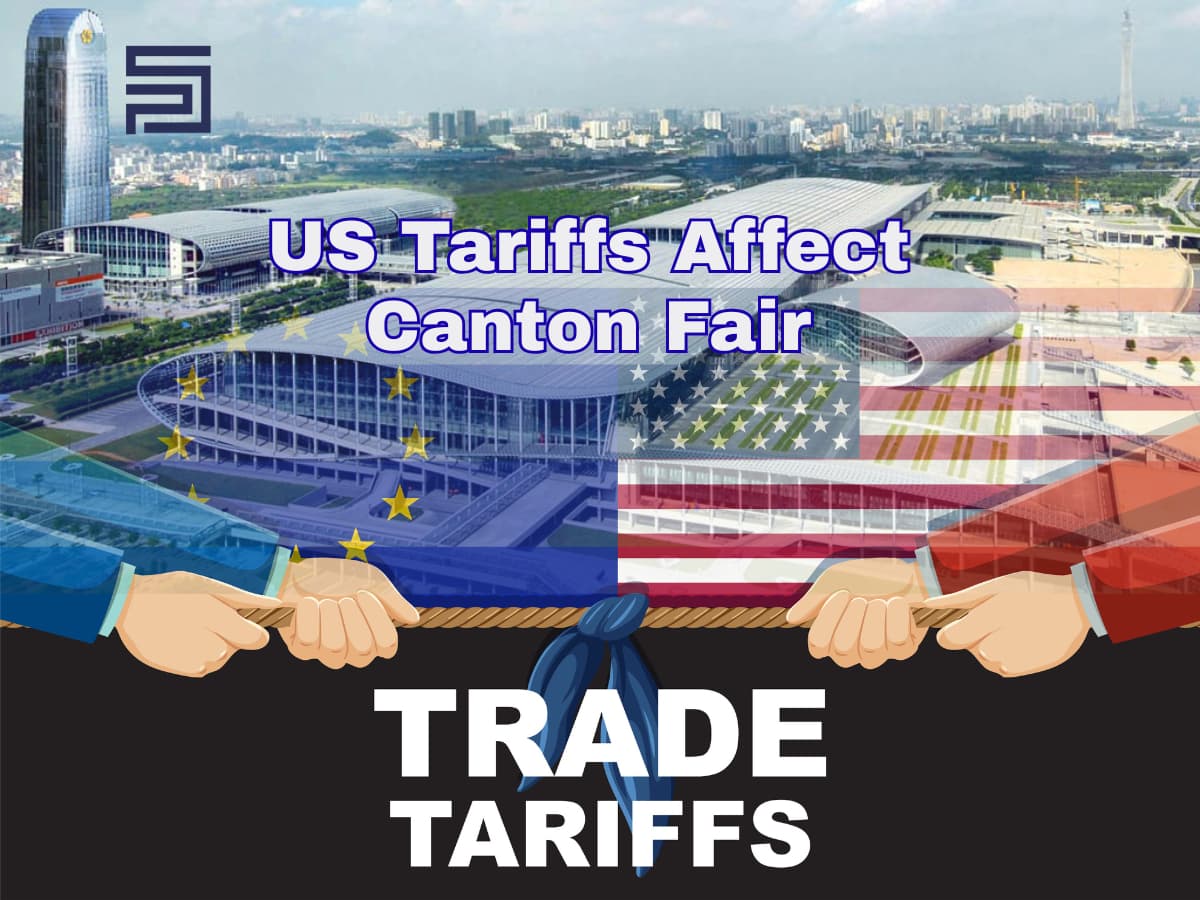The advent of e-commerce has changed and revolutionized shopping modes and behaviors, and it has become an integral part of daily lifestyle worldwide as people no longer have to step out of the comfort of their homes to access the essential things they need. According to Statista, as of 2022, e-commerce accounted for nearly 19% of retail sales worldwide, and forecasts indicate that by 2027, the online segment will attain a quarter of total global retail sales.
In this article, we will look at some of the famous Chinese e-commerce platforms as this will significantly help e-commerce platform users who may need clarification about the best e-commerce platforms to shop. Some of these platforms include:
Tmall & Tmall Global:
Originally named Taobao Mall, Tmall launched in 2008 as an e-commerce platform owned by Alibaba. It is made for local Chinese and international business ventures to sell their goods to consumers. According to Goldman Sach, the Tmall platform has 380 million daily active users in 2023 and 877 million monthly active users by the second quarter of 2023. It is the largest B2C cross-border e-commerce platform in China, allowing brands and retailers without entities in China to own virtual shops and deliver products into the lucrative Chinese market from their home countries.
Taobao:
With an estimated 240 million monthly traffic, Taobao is the largest customer-to-customer C2C platform in China, founded in 2003 and solidifying its position as the nation's most significant marketplace in 2005 after fierce competition with eBay, the introduction of AliPay cemented its significance in the Chinese e-commerce market. Taobao also impacted the "Singles Day" shopping event into the country's most prominent shopping festival and, indeed, the largest in the world.
JD.com/JD Worldwide:
 This is the largest B2C online retailer in China, with an estimated monthly traffic of 150 million, it is one of the biggest competitors of Alibaba and a significant player in the Chinese e-commerce space. Starting as a computer equipment seller, it has been around for almost thirty years and has gone beyond electronic appliances to a wide range of goods, such as cell phones, home appliances, apparel, electronics, and more.
This is the largest B2C online retailer in China, with an estimated monthly traffic of 150 million, it is one of the biggest competitors of Alibaba and a significant player in the Chinese e-commerce space. Starting as a computer equipment seller, it has been around for almost thirty years and has gone beyond electronic appliances to a wide range of goods, such as cell phones, home appliances, apparel, electronics, and more.
Kaola:
Kaola is another Chinese e-commerce platform that can also hold its own in the e-commerce space. It was acquired by the Alibaba group in 2019 and had over 10 million active monthly users as of 2020. It is a significant player in the cross-border e-commerce realm, and thanks to its strong relationships with global brands, it can purchase inventory directly from those brands without going through intermediaries, which, therefore, enables lower costs for customers.
Pinduoduo:
With over 910 million users in China, Pinduoduo is also one of the fastest-growing e-commerce platforms in the Chinese marketplace. Pinduoduo is an online platform that enables users to participate in group-buying transactions. Here, you can pool resources and shop with other users, thus bringing down the cost of items.
Douyin:
With an estimated monthly traffic of 160 million, Douyin makes it to the list of one of China's most popular e-commerce platforms. Also known as "TikTok for China," it was initially a short video social platform developed and launched by ByteDance in 2016. However, in March 2018, it introduced a shopping cart feature with live streaming and live stream sales functions, which took China by storm during the COVID-19 pandemic.
AliExpress:
This online retail service is based in China and is owned by the Alibaba Group. Launched in 2010, it comprises small businesses in China and other locations, offering products to a global market. It is one of the most visited e-commerce websites, which allows small businesses to sell to customers worldwide and has become one of the largest online marketplaces, with a vast selection of items, including electronics, clothing, home goods, industrial goods, and much more. Here, sellers are independent and use the platform to offer buyers a range of products worldwide.
1688.com:
With an estimated monthly traffic of 25 million, 1688.com, also known as Alibaba, is a platform that serves domestic B2B sales. Most merchants on the platform are factories and manufacturers, selling their products in bulk to customers worldwide. 1688.com is the largest wholesale platform in China. One does not have to be a big enterprise to buy on 1688.com, even small businesses and individual buyers that are looking for good deals and are ready to buy a relatively larger quantity of goods can buy on Alibaba.
Regarding e-commerce prominence, China is in a league of its own as it can boast almost 50% of global e-commerce sales. Taking the advantages and opportunities that abound in the Chinese e-commerce space has become a determining factor in the success story of many businesses in Nigeria today as they rely heavily on these websites to procure goods.
At SARA PROCUREMENT SERVICES LIMITED, our subsidiary company, Chinatolagos.com, is the leading expert in China e-commerce procurement and is ready to walk you through the process. We source, pay, and freight your order seamlessly without hassle.
Visit our physical office space at 3 Fatai Irawo Street, Ajao Estate, Airport Road, Lagos, Nigeria, or any of our warehouse touch point locations worldwide to learn more about us and utilize our services.
Our 247-email correspondence is hello@chinatolagos.com.
We are equally social, and you can find us @SaraProcure on your favorite channels: Twitter, Threads, Facebook, and Instagram.
.png)





Comments
Please log in to leave a comment.